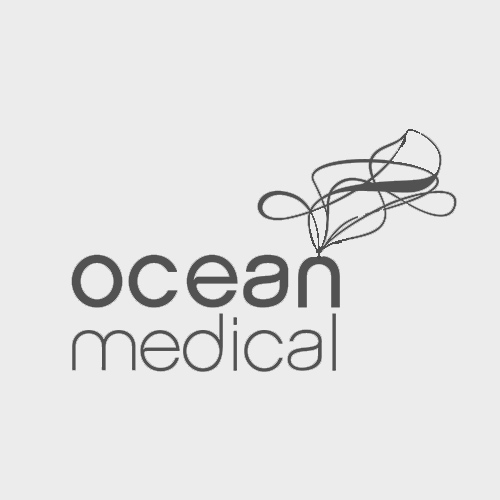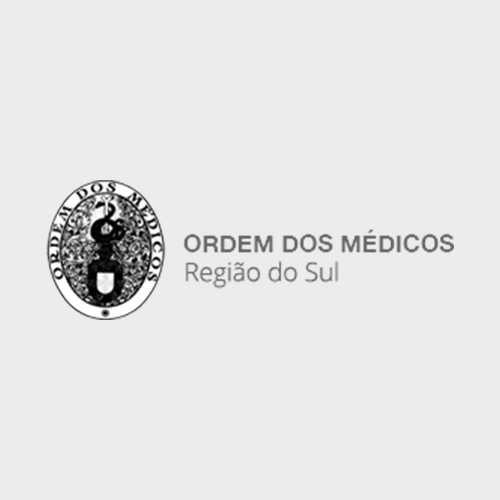Times of Covid19 as a medical student in Germany
Most people didn’t see it coming, a few still don’t want to see it – the coronavirus. By now it’s more than omnipresent in our all day to day life. It affects whole countries not just cities, it affects economy and socio-cultural life as much as it affects medicine and politics, it affects our sisters and brothers as much as our grandparents and parents. No exception.
I’m pretty sure in the last couple of days your eyes and ears have been reporting, posting and updating you with floods of information about this new virus, its dangers and how we should face it, like no such other thing before in your life. This amount of input in a situation like we have at the moment cannot be “handled” by a single person him- or herself. The good thing is there’s no need for that.
Our modern society is strong. We are not living ancient times when everyone was fighting on their own behalf. Today we share our strengths. Everyone is really good in something. By offering our profession to others, we take our place in the society. And that’s how we will overcome this demanding time. Doing what we are good at.
There are many ways of helping.
It starts with staying at home to prevent the virus from spreading, over to trusting authorities on their orders to keep distance, over to, like my flatmate, babysitting for a police officer in the family who is working extra shifts in a so called “system relevant job”, over to sewing masks for the hospital staff to protect them in times of mask-shortness or even by pushing beds over hospital floors.
All these actions are equally important today!
I want to tell you a little about my day to day-, mainly medical-life in Germany, April 2020, starting by a quote of a friend. She is working in a highly occupied Bavarian hospital. She was wondering on a phone call: “It’s crazy. I feel like there’s a responsible person for everything here in these days of Corona”.
She’s right. And today that person is you as well as it is me and every other one. Being responsible, acting responsibly… that’s our aim.
Since universities are closed medical students in Germany are not attending classes at the moment. As much as everyone else we try to do what we can to get back to a normal, healthy and corona-free life as soon as possible.
At my faculty in Dresden, Germany over 1000 of the roughly 2500 medical students have registered to voluntarily support our region´s hospitals and hospital staff. I’m very proud that this similarly happened all over Germany.
There’s a need to raise hospital capacities in many different matters. Medical students take their part in supporting our health professionals by working in testing facilities, health departments, emergency rooms, laboratories, doctors’ offices and on hospitals wards.
As of today, Saxony, the state I live in, is very lucky. Infection numbers here are 10-times lower than they are in Bavaria in the south. We are in the lucky situation of still being able to treat every Covid19 patient on best possible medical practice. CAVE! Of course, this can change very quick.
Because by now our ICUs are not running on limit, we are able to help our neighboring countries who are non-stop fighting with way higher numbers of Covid19 patients. To do so some critically ill and ventilated patients were brought by the military and air ambulance services from neighboring countries like Italy and France to be treated in Dresden hospitals.
This might just very little lower the stress of our Italian and French health care colleagues but for today in times of Corona I’m so happy to see that the European idea of solidarity is alive and strong! We can proudly say that today we are “doctors and nurses without borders”.
My part here in that is it to work in a control center in the university hospital called “Leitstelle Corona Dresden & Ostsachsen”. It was set up just because of the corona situation to coordinate actions of emergency services.
With a headset and microphone our team dispatches forces like emergency vehicles and helicopters for potentially Covid19 infected patients to and from their home to bring them in for treatment. With a map with all 35 regional clinics on the beamer and updated lists of hospital (ICU-) bed capacities we ensure that patients can be sent to hospital fast and secure depending on their medical condition. While forces are on the way we can pass information about the patients to the hospital teams, so they can prepare and are ready to receive the patient on arrival.
You can imagine it like a call center which has the main purpose to prevent certain clinics from being overloaded with a to high amount of new patients. For example, recently we were sending intensive care vehicles with doctors boarded to the airport to pick up the patients arriving from Italy and France. Furthermore, doctors in need can call from statewide hospitals and will be connected to experienced ICU doctors and virologists for consultation.
I feel like all this is an effective way to cope with the serious situation of receiving many Covid19 patients at the same time.
Normally medical students are studying a lot, about human diseases and ways to treat them. I’m very thankful that today under these special circumstances I can use my knowledge to help overcome these demanding days with the corona virus as part of our daily life.
Those were some impressions of how Covid19 has changed my life for now.
I personally feel that although in social distance people’s hearts and minds are closer in these days than they have been before. There is so much support, many things to smile about and many other stories to tell.
I’m sure you are giving your very special part to the society too. Together we will carry on with better days very soon.
Until then, to you, your family and fellow people, take care and look after each other.
Greetings from Germany,
Arend Rahrisch






